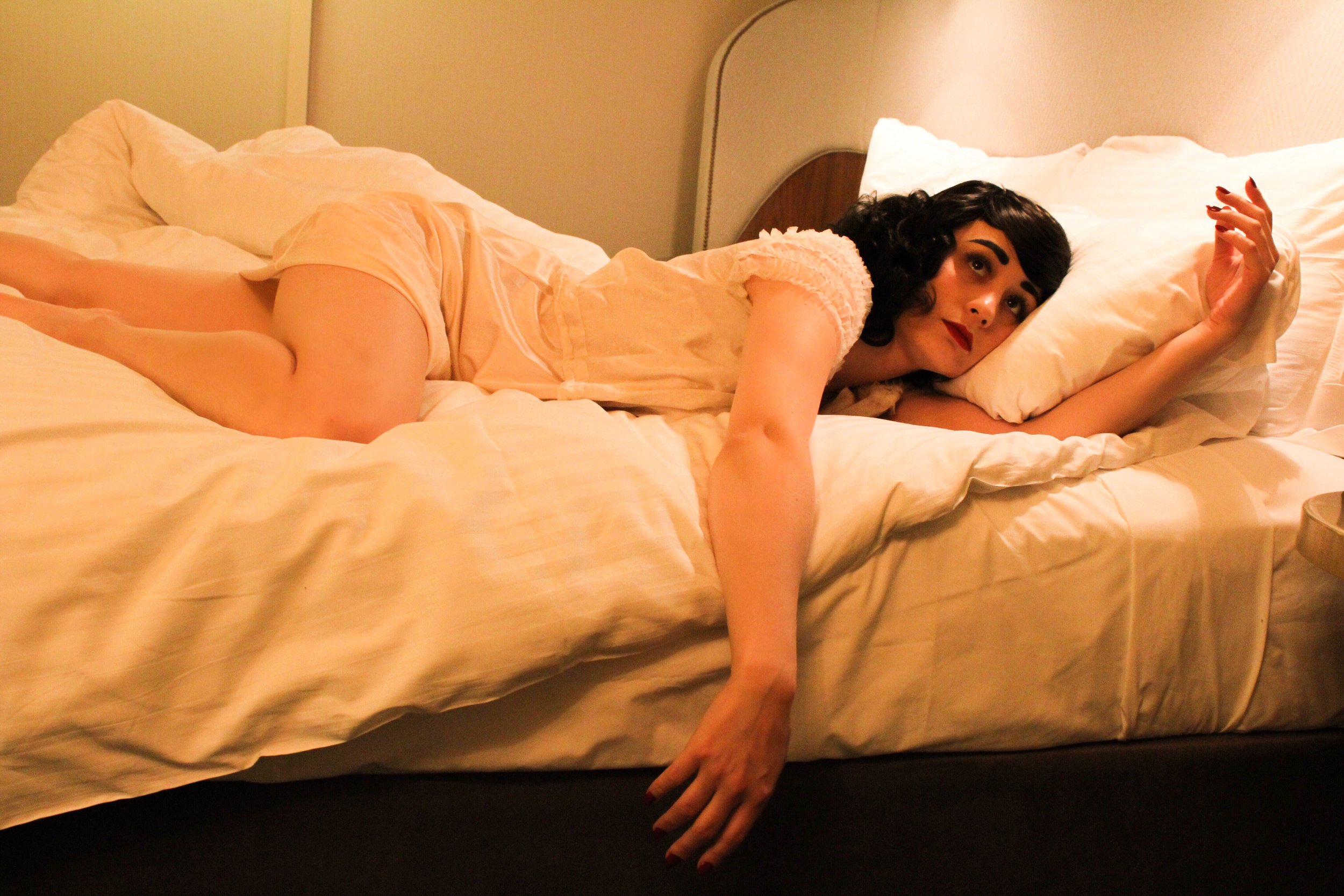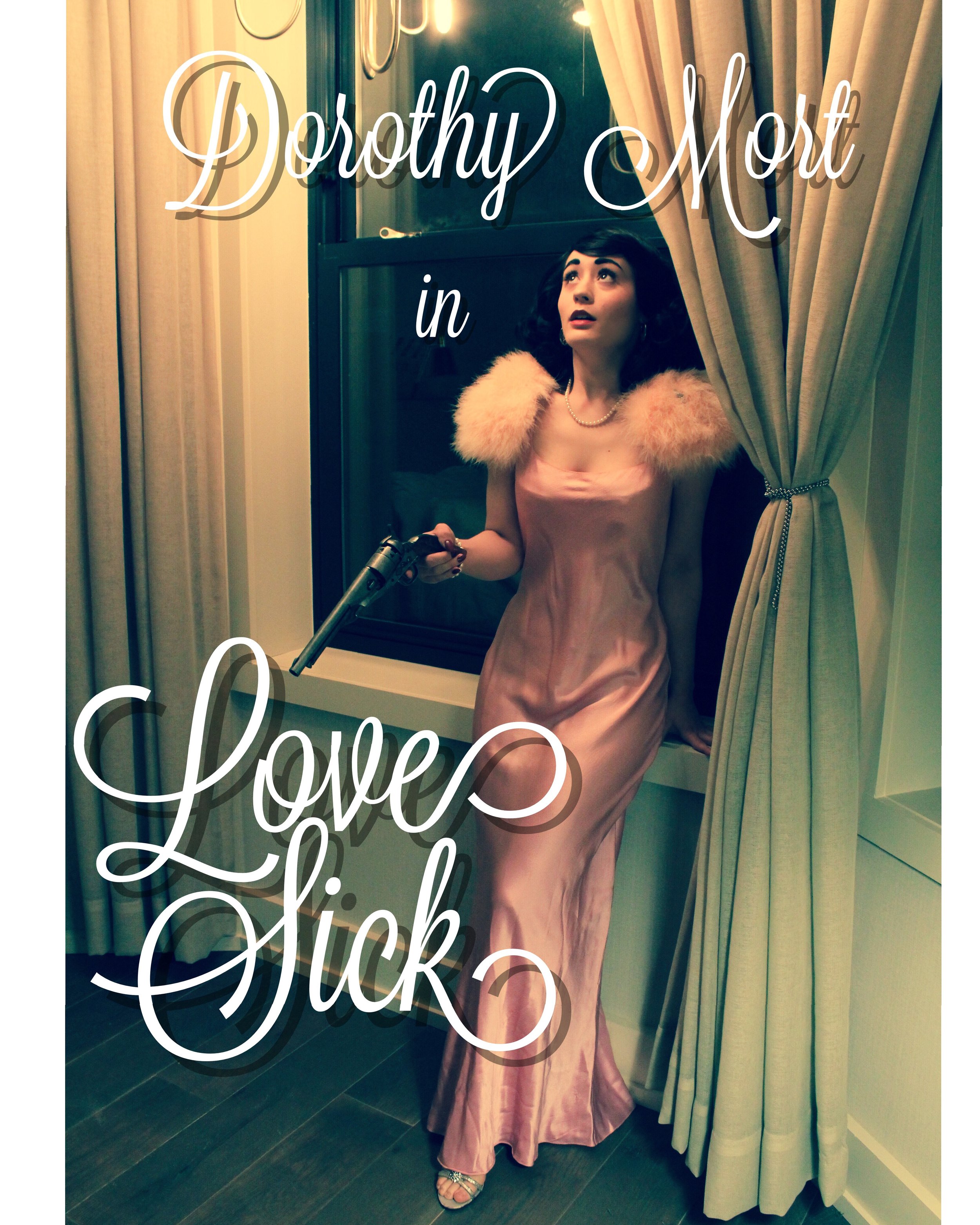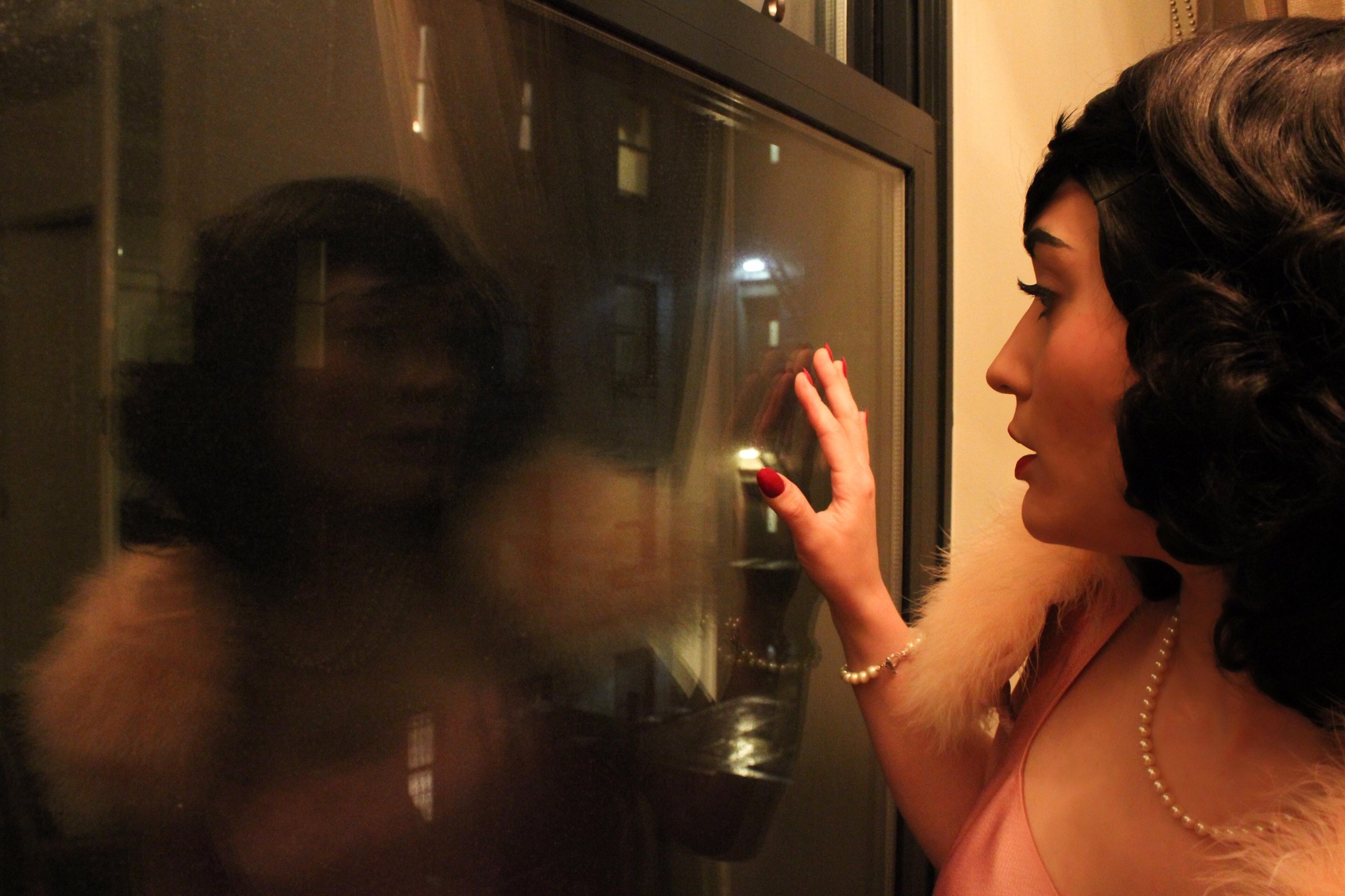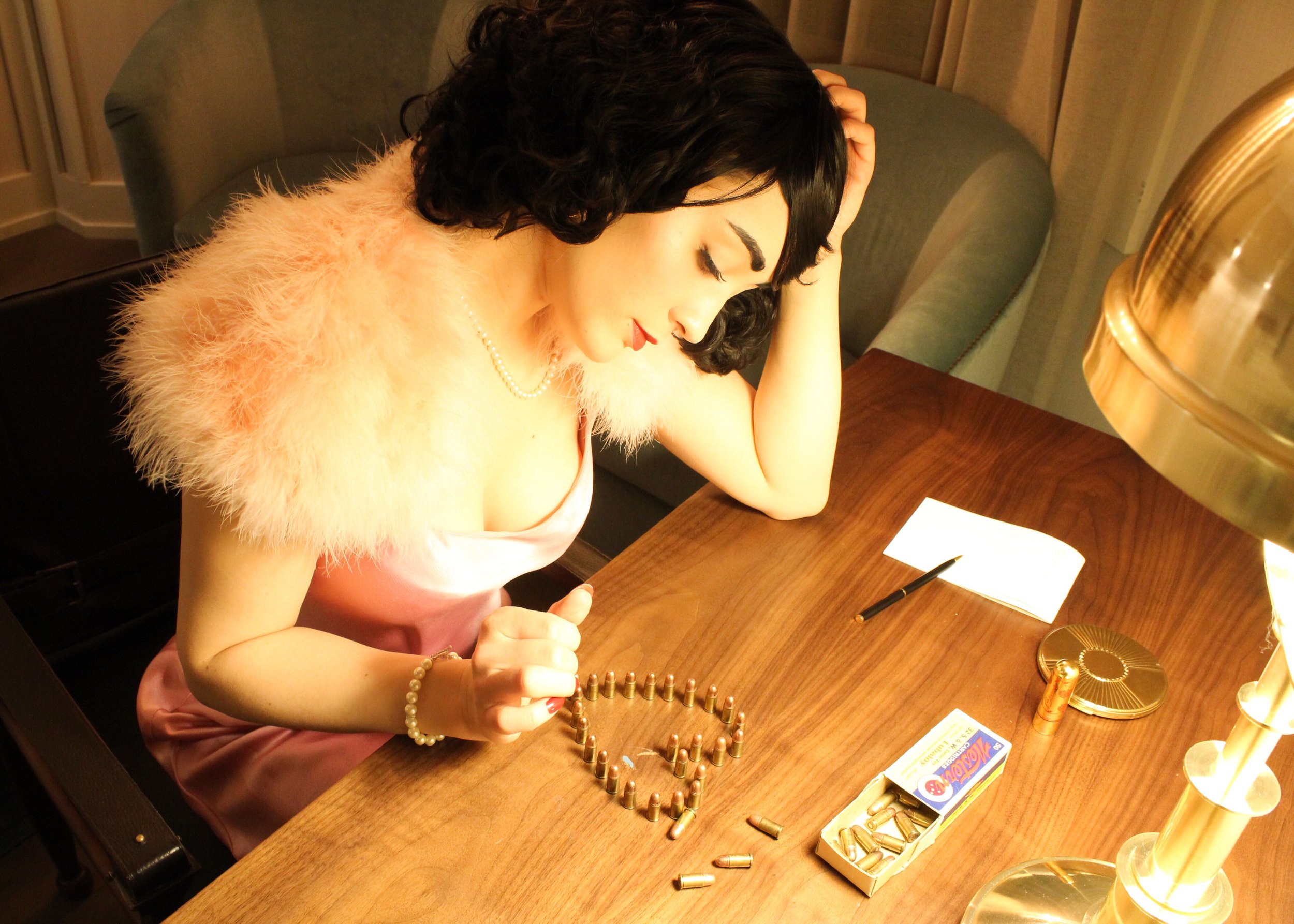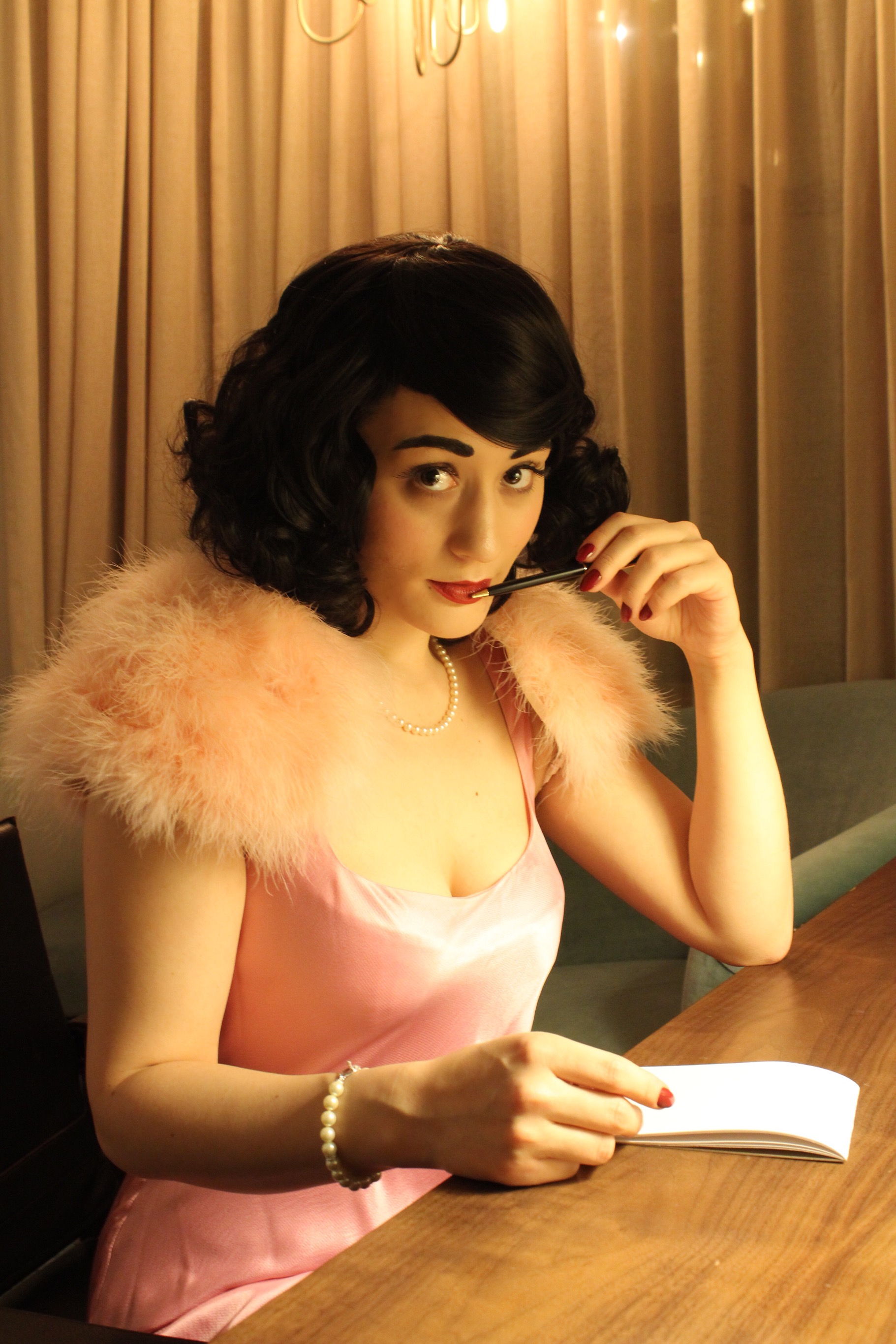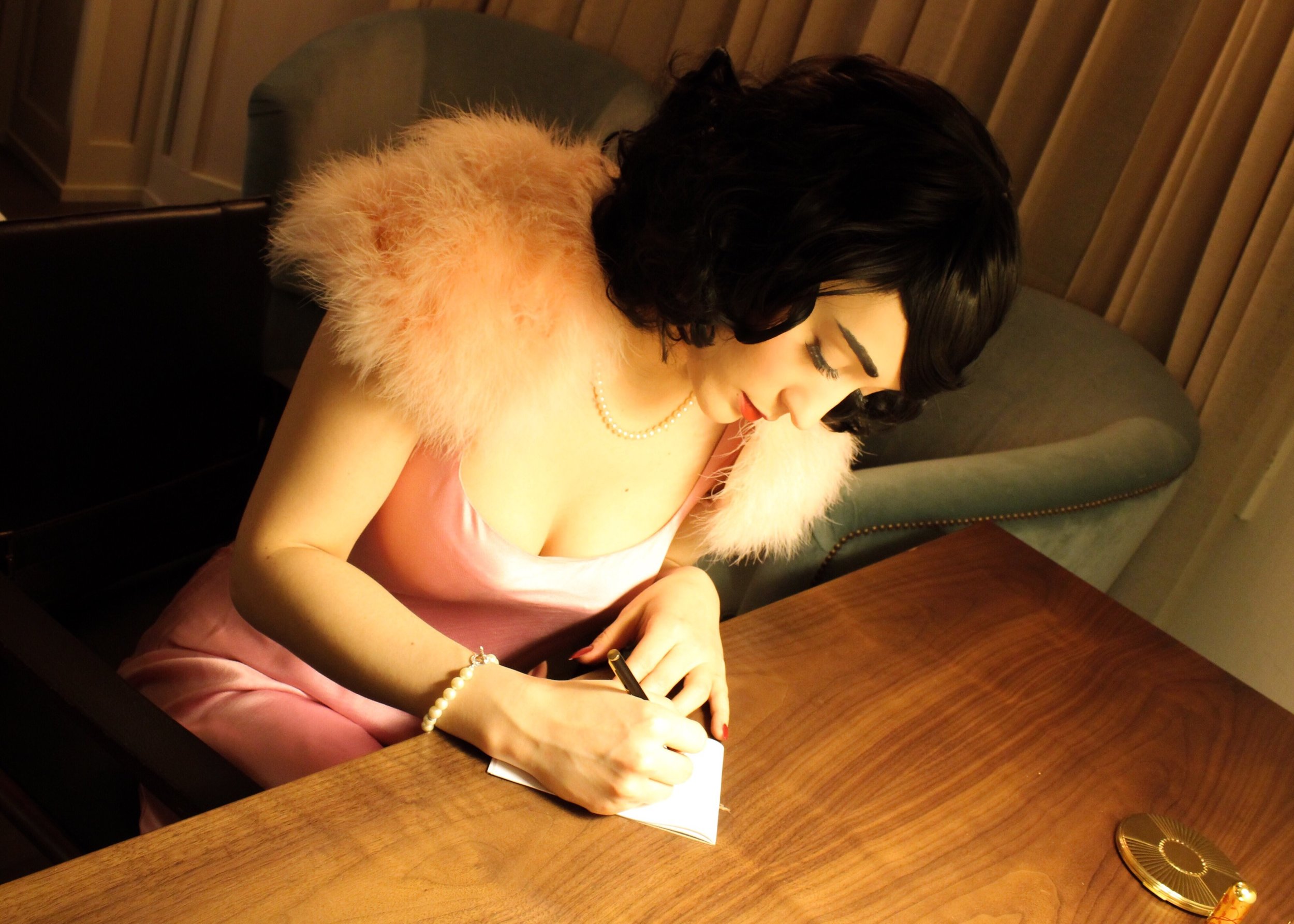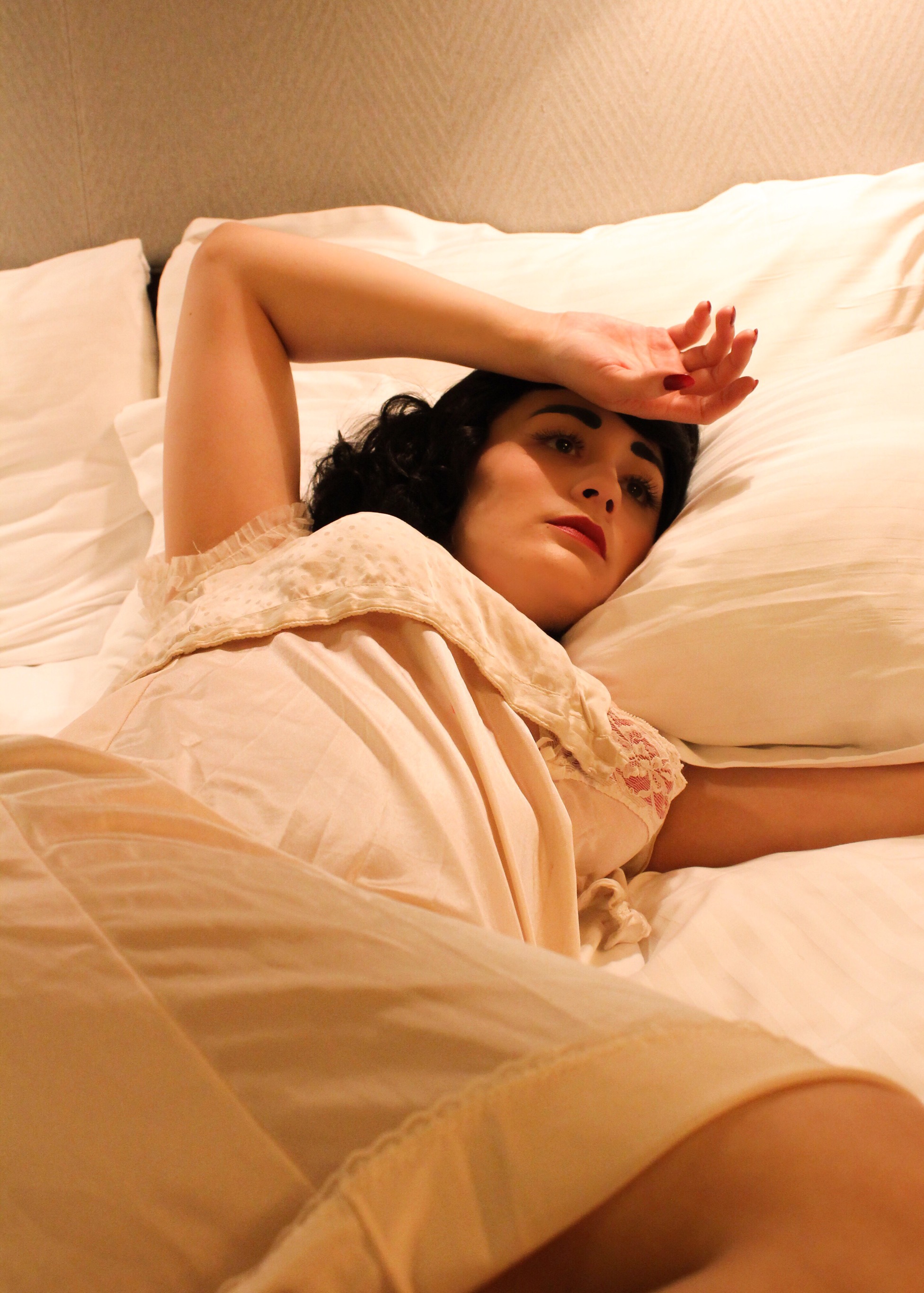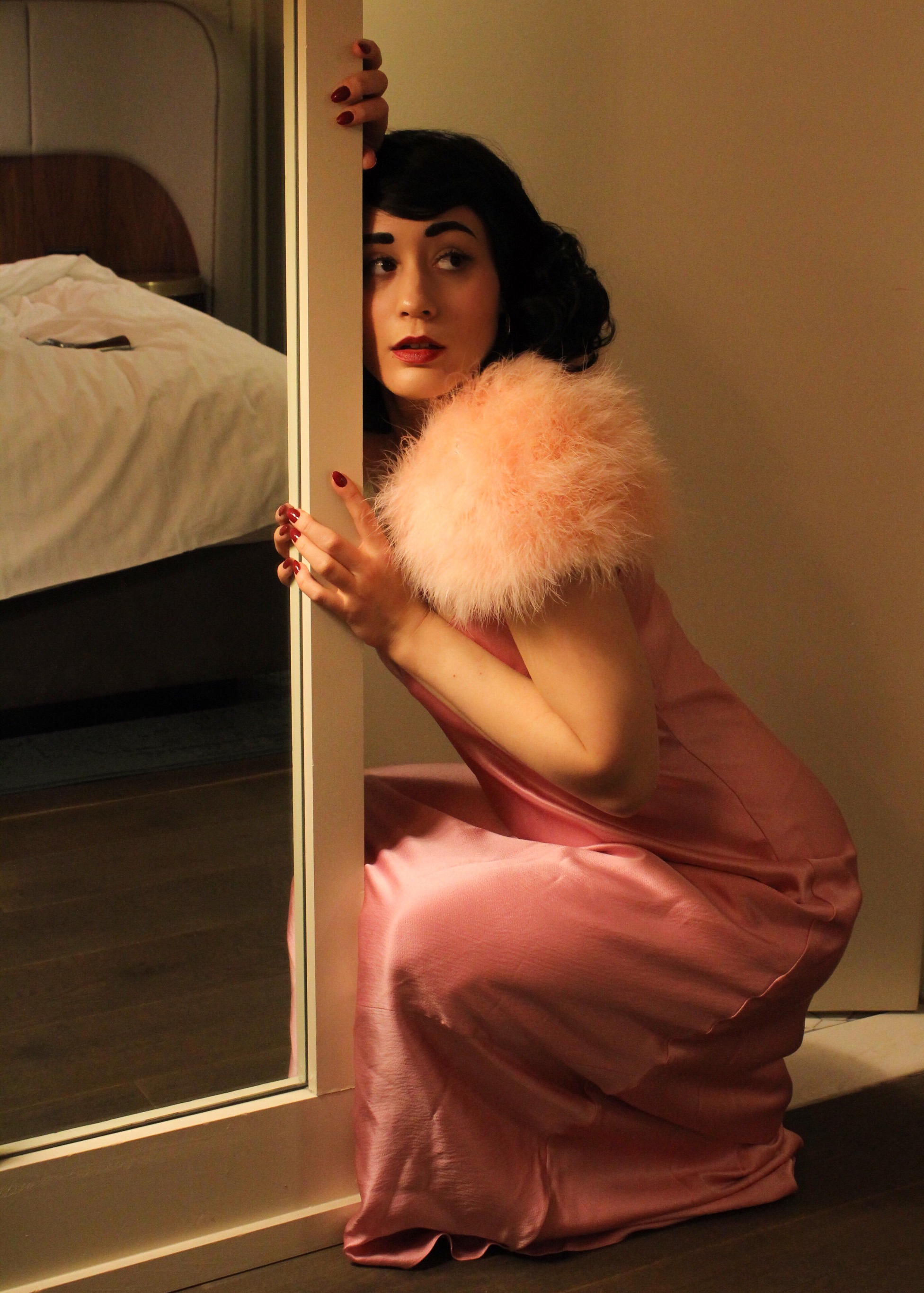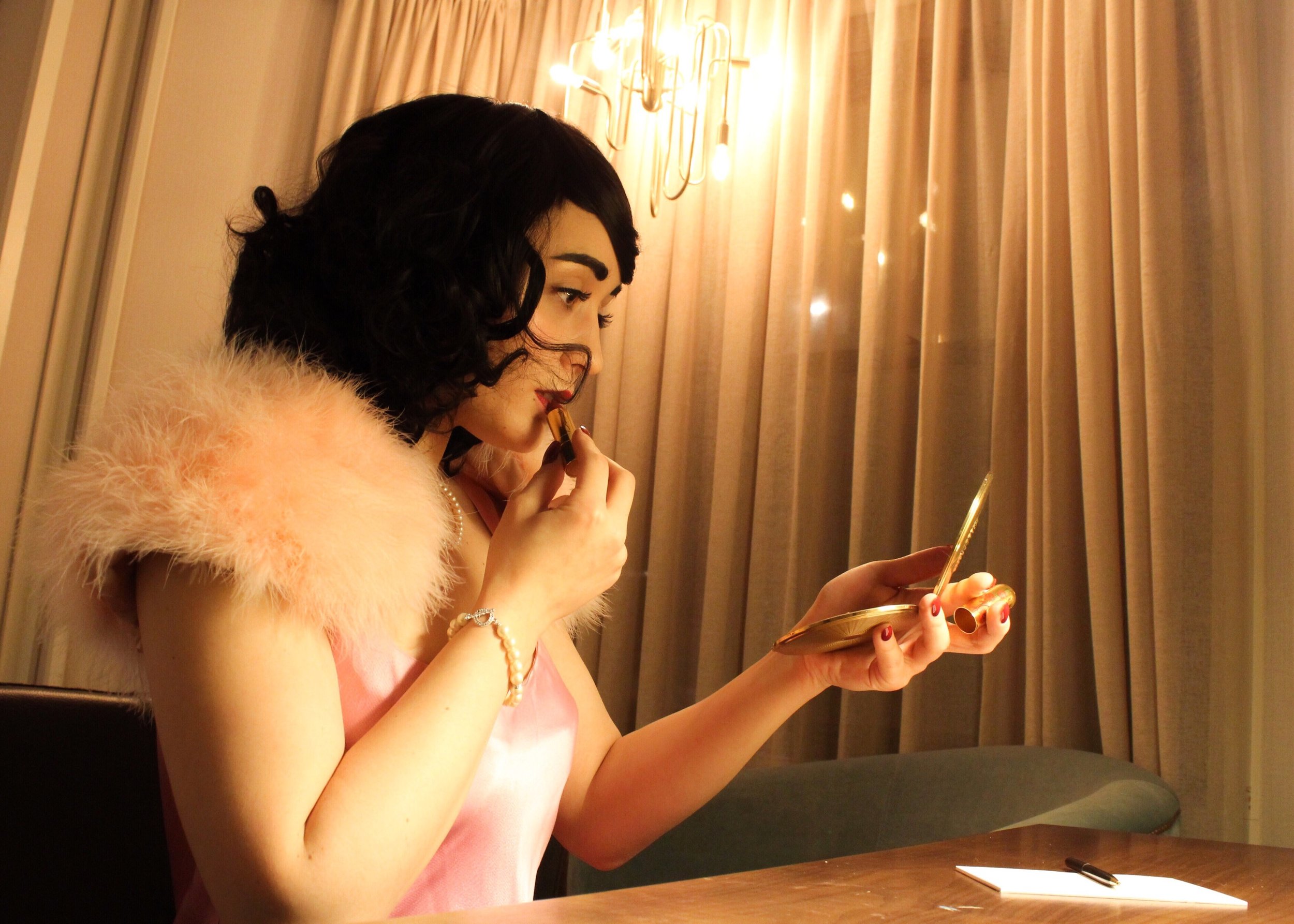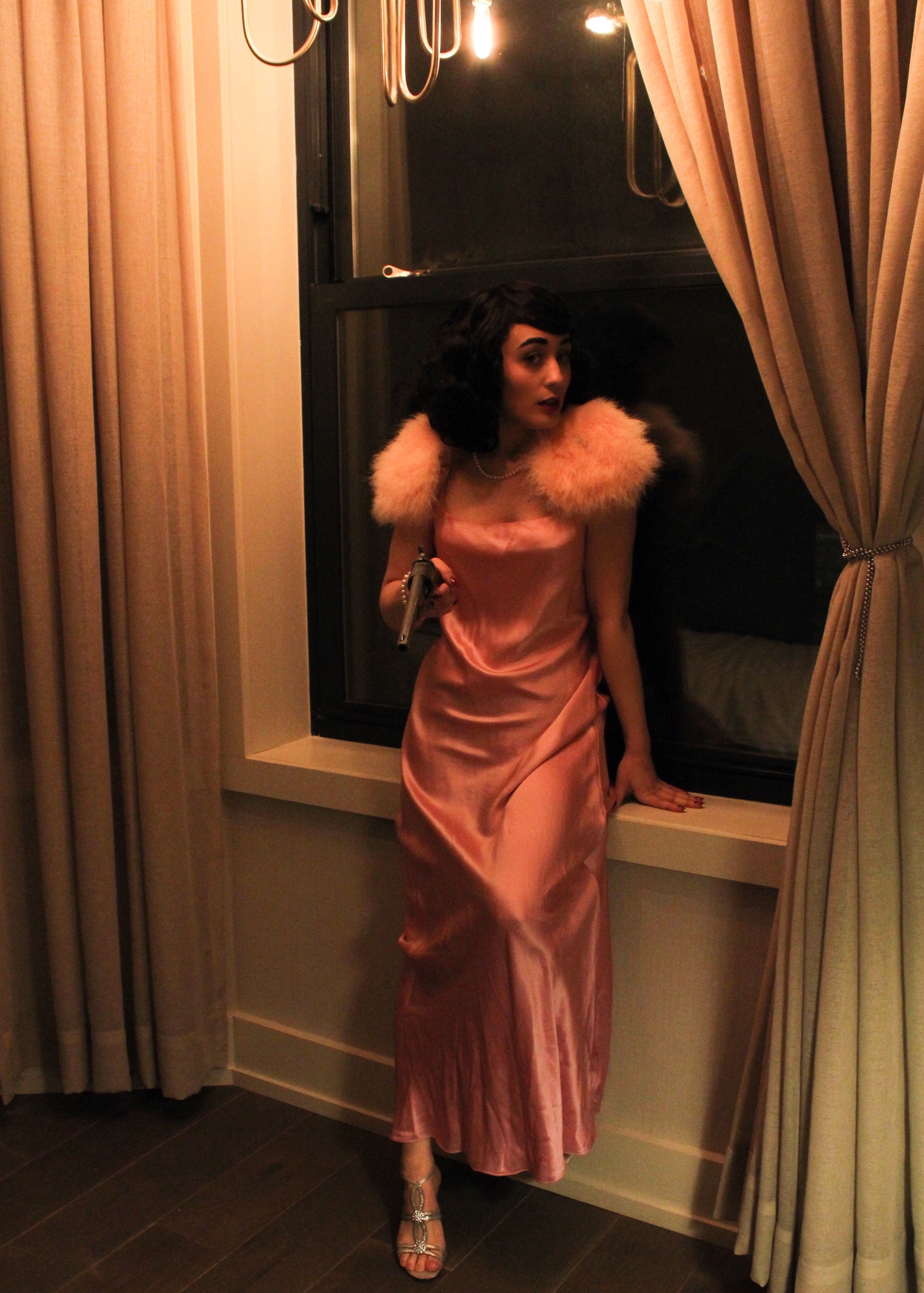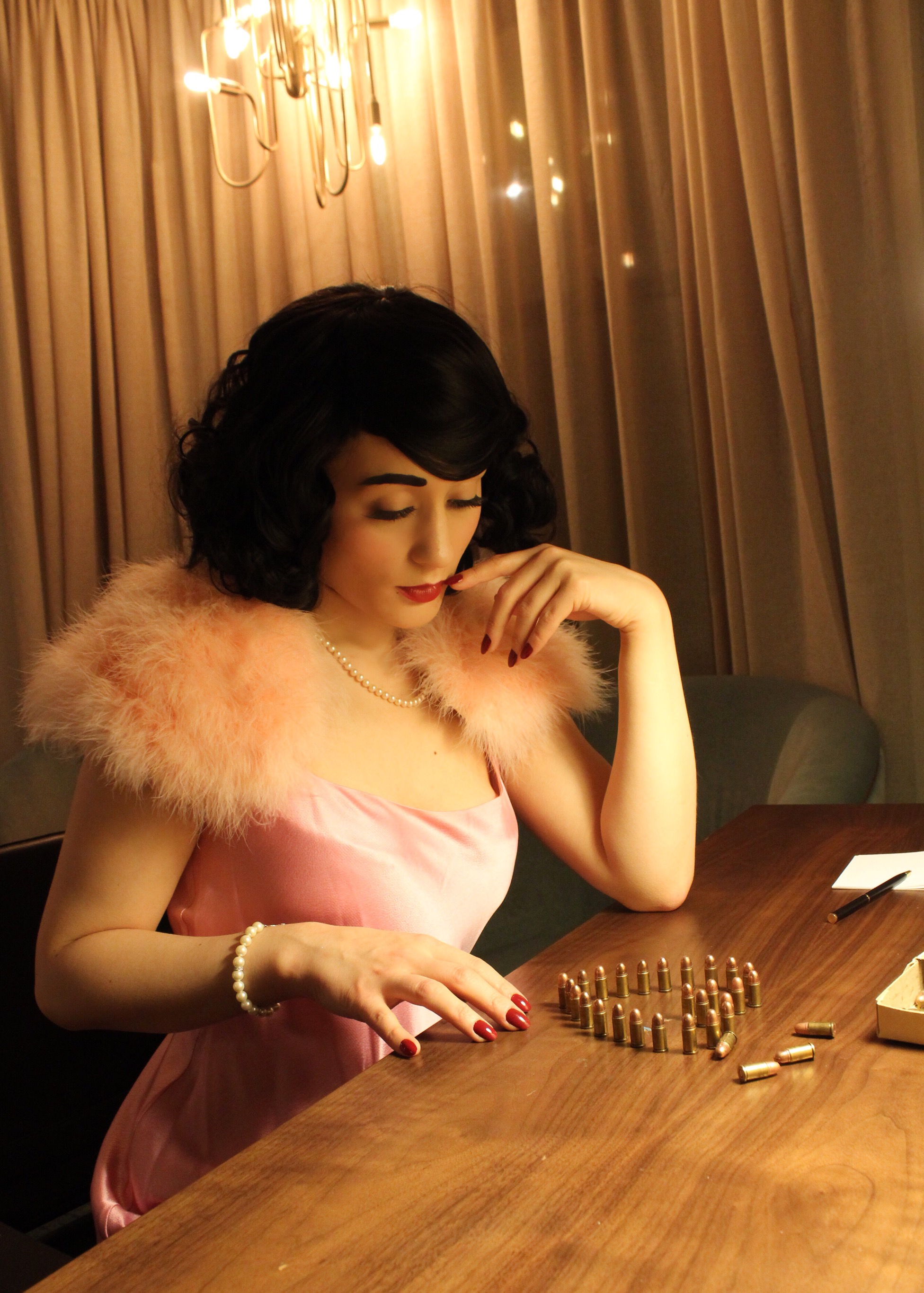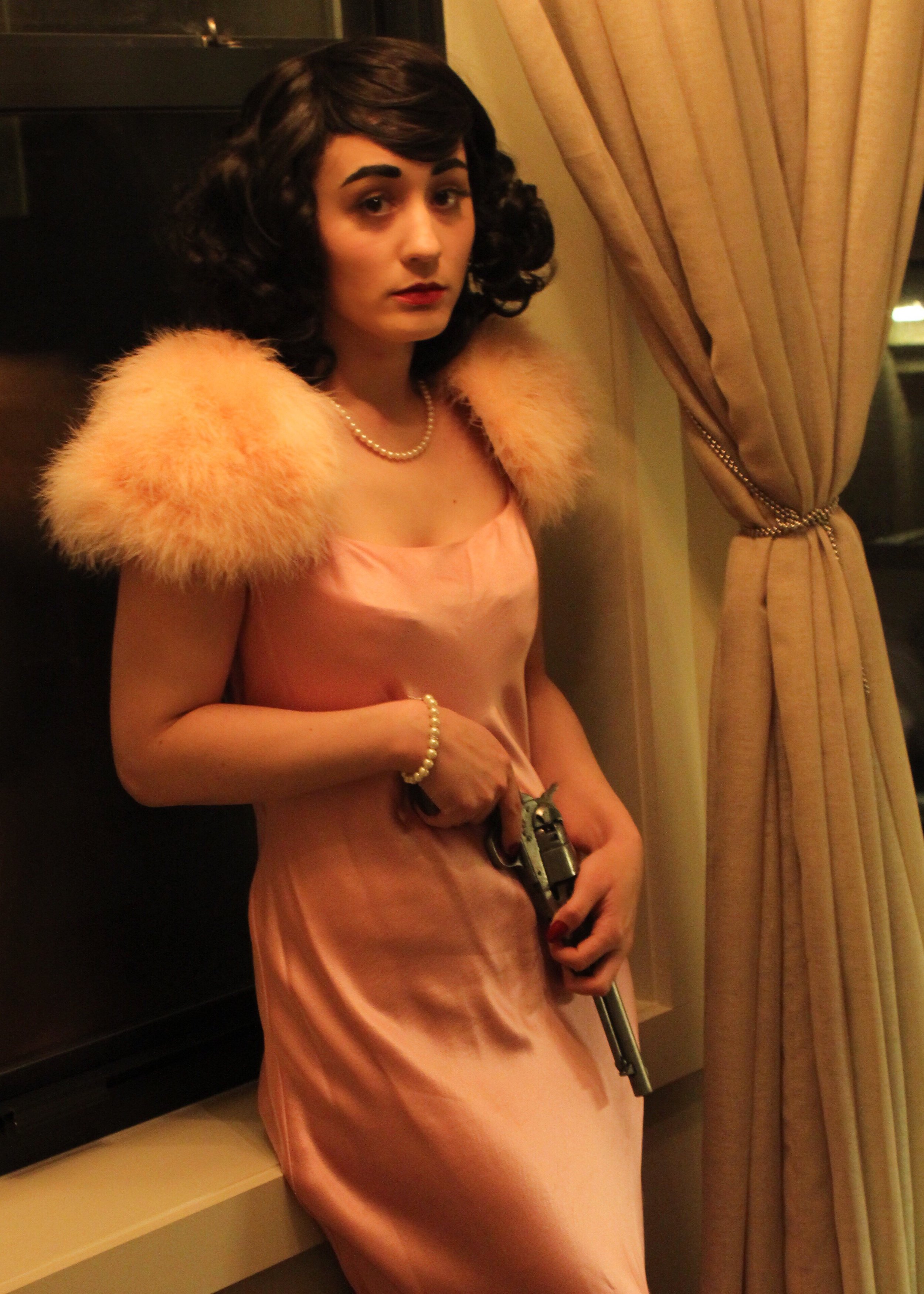I feel guilt for saying this, but initially I couldn't help but find fault with the victim in the case of Dorothy Mort. Some background: Dorothy Mort was suffering from at the very least, depression and anxiety. Things only got worse after her abusive father committed suicide. Her husband called the best doctor he could find, Dr. Claude Tozer, who was also a war hero and acclaimed Cricket player. Soon, Dorothy seems to be feeling better, but her and her doctor are writing rather amorous letters to one another. They may or may not have been intimate in other ways. After some time, Tozer breaks off the affair, supposedly to marry another woman. Dorothy fatally shoots him and then attempts to kill herself. It seems she narrowly missed her heart, then attempted to overdose on laudanum, but is eventually found, treated and taken to trial. She is acquitted on grounds of insanity, and spends eight years in Long Bay prison hospital before being released and sent home.
The accounts on this vary so much. I first watched it reenacted on Deadly Women, where they heavily imply the affair was sexual, and while condemning Tozer's bedside manner, also claim that Dorothy fooled the jury and "got away with murder." Something about that didn't sit right with me, because I thought ... he was still her doctor, we have no idea just how ill this woman was. Then I found many articles where he was called a "dallying doctor" and described as handsome and a charmer. That didn't do much to sway my thinking, it only strengthened it. I attempted to read a book called "Mrs. Mort's Maddness," but I'll be honest, I couldn't get through it. I grew impatient. Then I found an article from The Sydney Morning Herald by Malcolm Knox that concluded with "There were no rights and wrongs, only a final tragedy and ruined lives."
He points to mental illness as the biggest factor here, and notes the possibility that Tozer may very well have been suffering from undiagnosed PTSD. Far from the playboy depictions, Tozer had been engaged to a woman who tragically died of influenza a few months after his return from the war. His father had passed while he was away. The woman he told Dorothy he was engaged to marry was completely made up. He just knew he needed to end the relationship, and presumably, he thought this was the best way to go about it. He was obviously, tragically wrong.
It seems as if Dorothy and Claude may have found kindred spirits in one another, united in their depleted/fragile mental states and recent losses of their fathers. I felt so much sympathy then for Dr. Tozer, who it seems truly cared for Dorothy, and was battling his own demons. Dorothy was very lucky in this situation. Her husband was more than devoted, standing by her through everything, acknowledging her illness, and welcoming her home when she was deemed stable. She went on to live a quiet, uneventful life with her husband and children, and even outlived Mr. Mort.
It really calls to mind just how differently things can go when you have a strong support system. Even the judge and jury were willing to recognize Dorothy's mental illness, allowing her to get treatment and live a relatively stable life. With Claude Tozer, the mere possibility that he may have been afflicted with his own illness is only just being raised, nearly a century later. Provided he really was suffering from PTSD, he was far from shunned, but being revered would have had its own share of problems. It can be difficult to recognize mental illness --even, and oftentimes especially, in oneself-- but this is why self reflection is so crucial, as is dismantling all of the stigmas and preconceived notions we harbor about mental illnesses.
This was a deeply personal one for me, as I had to pry open some old wounds and revisit the thoughts that ran rampant in my head during the deepest points of my depression. You really can't speak from the perspective of a sick mind without poisoning your own a little in the process. Of course, I know that mental illness manifests so differently in each of us, and I strongly believe in the importance of making those experiences visible. So if there's a femme fatale you feel that you relate to, or just anything you feel like sharing, please feel free to contact me, and I'll try to cover some different experiences in future stories.
xo,
Miss Arsenous Apple Pie



